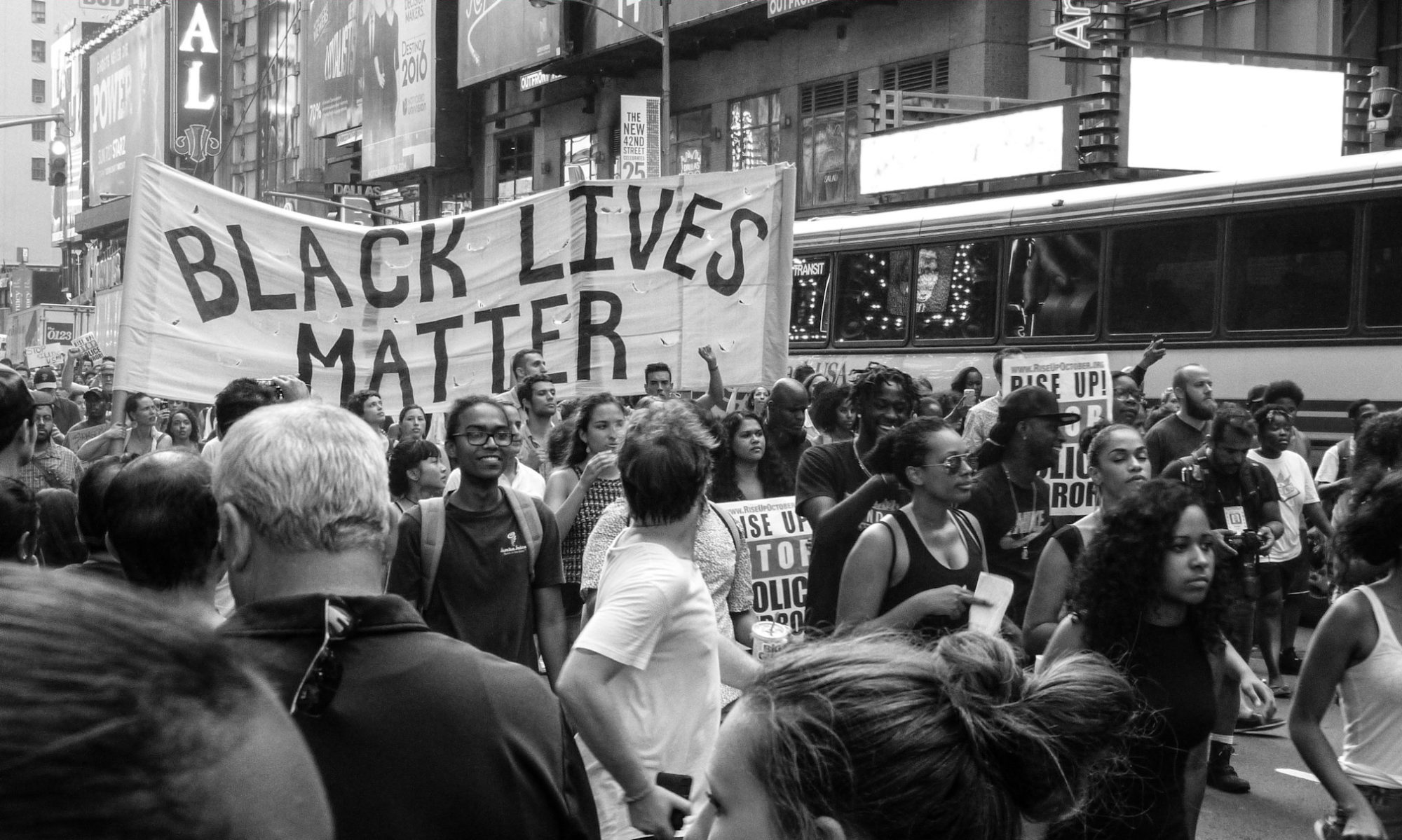The closure of the Special Criminal Court (SCC) in the Central African Republic would be a catastrophic blow to thousands of victims’ and survivors’ prospects of securing justice for serious crimes committed over two decades of conflict, Amnesty International said amid serious concerns over the Court’s future due to a major lack of funding.
“We call on the African Union, the European Union and their respective member states, as well as all other State partners to step up with sustained financial and human resources support so the SCC can continue its vital work in the Central African Republic,” said Marceau Sivieude, Amnesty International’s Regional Director for West and Central Africa.
The SCC, inaugurated on 22 October 2018, has a mandate to investigate and prosecute crimes under international law committed during conflicts in the Central African Republic (CAR) since 2003. During this period, CAR suffered waves of violence and armed conflicts. Thousands of civilians were killed, raped, abducted, mutilated, wounded, displaced or had their homes burned.
Ending the SCC’s funding would hand impunity a victory.
Marceau Sivieude, Amnesty International’s Regional Director for West and Central Africa
Ongoing proceedings jeopardized
The Court’s budget is solely based on voluntary contributions by states and international organizations.
The United States were its main donor, along with UN peacekeeping mission MINUSCA and the EU. In January 2025, the United States suspended its funding to the SCC, leaving about $4.15 million in unpaid commitments. This major cut has profoundly affected the court’s ability to function, jeopardizing ongoing proceedings and essential services for victims and witnesses.
“Despite the authorities’ efforts, national courts still lack the resources and capacity to assume the mandate the SCC has been carrying out. Support to these courts is crucial, but ending the SCC’s funding before that capacity exists would hand impunity a victory,” said Marceau Sivieude.
“The SCC’s issuance of an arrest warrant against former President François Bozizé in 2024 was a very encouraging step for the victims and we continue to call for the execution of this arrest warrant. If the SCC closes having prosecuted only a few low-level individuals concerning a few recent incidents, it will have fallen well short of both its mandate and of the hopes and expectations of CAR’s population. Victims and survivors of crimes under international law have a right to truth, justice and reparations.”
Background
The SCC is a UN-backed hybrid court, composed of both Central African and foreign prosecutors and judges. On 19 April 2022, the SCC opened its first trial against three former members of an armed group over war crimes and crimes against humanity, with a final judgment handed down in July 2023.
The SCC has conducted three trials (two of which are still in the appeals phase) and has currently around 20 cases waiting to be tried. The court has also issued arrest warrants against close to 50 people, many of whom are still at large.
The SCC currently has three years left on its mandate.
The post CAR: Urgent financial support needed to prevent catastrophic closure of Special Criminal Court appeared first on Amnesty International.
